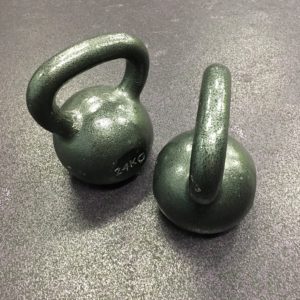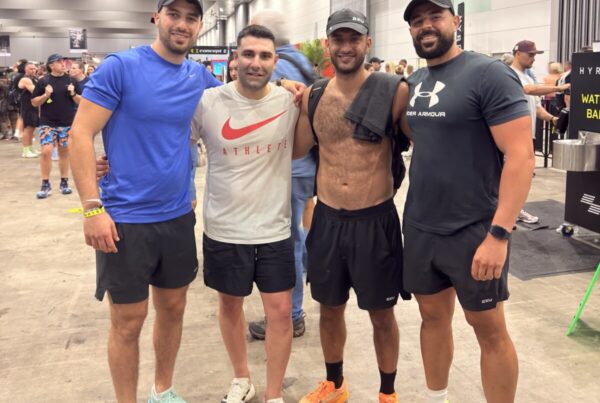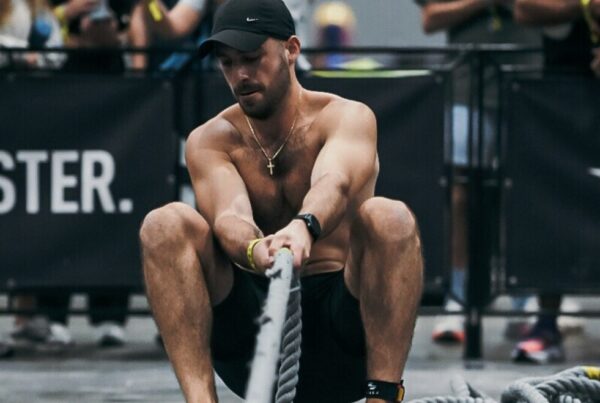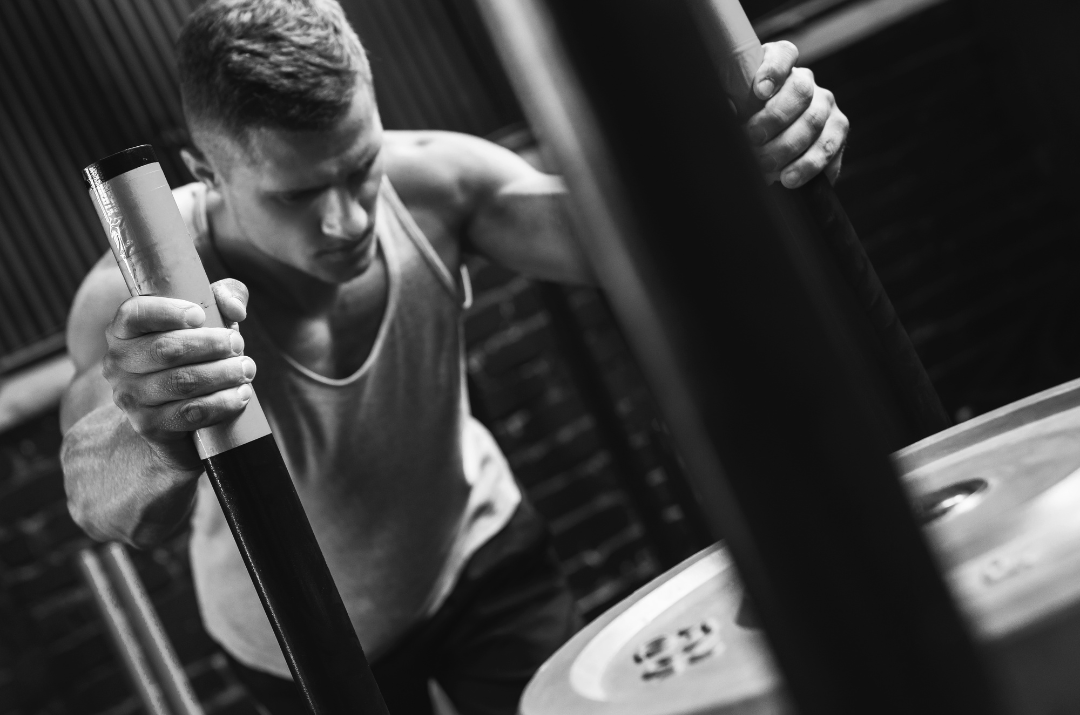What are the most important aspects of good strength training? Here are my thoughts on this topic from a Physio and keen gym-goer:
Results don’t happen overnight and you shouldn’t expect them too. Building strength and a hard earned physique takes time and long term dedication.
- Adequate rest
Rest days are just as important as training days and should be treated that way. Listen to your body and take a break from training when you need to.
- Compound lifts
A compound lift is a multi joint exercise, for example the squat is a compound lift because your hip and knee (and ankle) are required to go through range of motion, a bicep curl (without swinging your shoulders) is an example of a single joint exercise as only the elbow joint move through range. Compound lifts require more muscles to be activated e.g. the deadlift stimulates the forearms, traps, lats, shoulder blade retractors, spinal extensors, glutes, hamstrings, quads and core, that’s a lot of muscles working in one exercise!
The mains compounds are known as ‘the big 5’ and include:
- Bench press
- Squat
- Deadlift
- Barbell row
- Overhead barbell press
I would actually argue this list should be changed to ‘the big 8’ and should include
- Dip
- Pull up
- Barbell hip thrust
- Progressive overload
In relation to weight lifting progressive overload means overtime the weight you are lifting should increase i.e. The demands on your musculoskeletal system should progressively increase.
This is the most important variable when it comes to strength training and one that should and can increase with an appropriately targeted program. How many guys have you seen at your gym lifting the exact same weights they were three years ago, maybe you’re one of them, if you are I can bet your training routine has stayed largely the same for that time. Don’t let insufficient programming get in the way of your progress.
- Warm up correctly
Whenever we exercise blood is redirected to the working muscle, so make your warm up specific. If you are about to bench press don’t go straight to your working weight. I can’t stress this enough! You think it would be common sense to do some warm up sets and build up to the weight you will use for your working set, but no, people still continue to do this. We can also do pre-activation work to switch on our smaller stabiliser muscles e.g. prior to bench press you may do a few sets to activate your rotator cuff (small muscles that stabilise your shoulder joint).
For more strength training tips read on to Part Two! If you want one-on-one guidance then come in and see Nick at Bend + Mend to get a strength programme suited best to your body.






